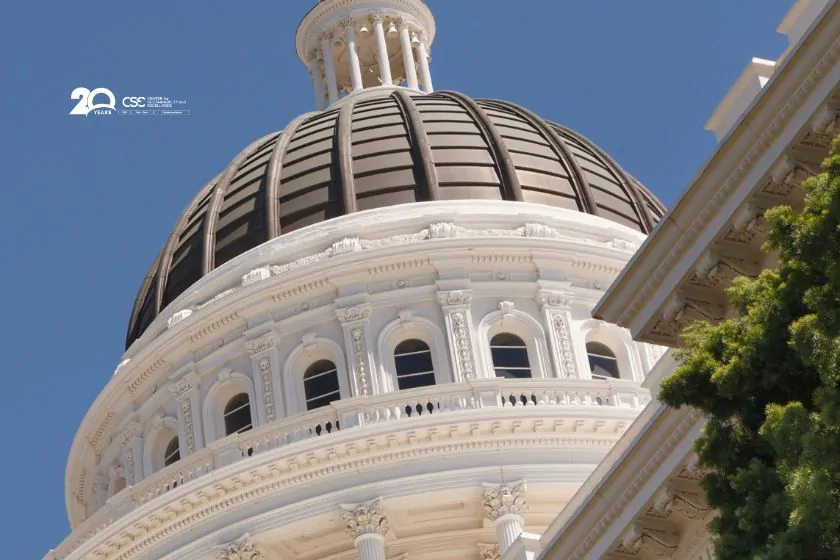California’s Senate Bill 253 (SB 253) — the Climate Corporate Data Accountability Act — marks a pivotal shift in corporate climate reporting. For the first time, large public and private companies operating in California will be required to disclose their greenhouse gas emissions across Scopes 1, 2, and 3.
But the real game-changer? These disclosures must be verified by independent third parties. This requirement elevates emissions data to the level of financial reporting — auditable, reliable, and legally accountable.
Here’s what companies need to know now about the third-party assurance mandate under SB 253 — and how to get ahead of the curve.
Why SB 253 Requires More Than Just Disclosure
SB 253 isn’t just about publishing numbers — it’s about making those numbers trustworthy. According to UL Solutions, assurance transforms emissions reports from internal estimates into credible, investor-grade disclosures.
Why Third-Party Assurance Matters:
-
Prevents greenwashing by ensuring data accuracy.
-
Builds regulatory and investor trust in ESG reporting.
-
Reduces legal risk tied to false or misleading climate claims.
-
Drives better internal decisions based on verified data.
In short: third-party assurance is the credibility engine behind SB 253. Without it, disclosures are just empty promises.
SB 253 Assurance Timeline: Key Dates and What’s Required
SB 253 introduces a phased implementation to allow companies time to adapt to increasingly strict assurance standards.
Timeline at a Glance:
-
2026
-
Scope 1 & 2 emissions reporting begins
-
Requires limited assurance by a third party
-
-
2027
-
Scope 3 emissions reporting begins
-
Includes indirect emissions from suppliers, logistics, product use, etc.
-
Still under limited assurance
-
-
2030
-
All scopes move to reasonable assurance
-
Comparable in rigor to a financial audit
-
Limited assurance offers moderate confidence in data accuracy. Reasonable assurance provides a high level of confidence — and demands significantly more documentation, controls, and auditor involvement.
How Companies Can Prepare for SB 253 Assurance Requirements
Step 1: Build Reliable Emissions Data Systems
Companies must invest in robust data management systems for tracking energy use, supplier emissions, transportation, and more.
Step 2: Engage Assurance Providers Early
Experts warn the assurance market will be under pressure as demand surges in 2026 and beyond. Secure your third-party partners early to avoid a last-minute scramble.
Step 3: Focus on Scope 3 Complexity
Scope 3 emissions are the most difficult to measure and verify — yet they often represent the largest share of a company’s carbon footprint. Don’t wait until 2027 to begin tackling this.
The “Assurance Gap” — And Why It’s a Competitive Risk
Many organizations still treat ESG data as secondary or optional. SB 253 changes that.
Emissions disclosures will soon be legally enforceable, externally verified, and publicly scrutinized. Treating them casually now can lead to:
-
Compliance failures
-
Investor distrust
-
Reputational damage
Meanwhile, companies that prepare early are more likely to:
-
Win investor confidence
-
Secure talent
-
Lead in ESG rankings
Essential Skills for Navigating SB 253 Assurance
The rise of third-party assurance is also creating a surge in demand for professionals who can bridge the gap between compliance, data, and strategy.
Skills in High Demand:
-
Carbon accounting (Scopes 1, 2, 3)
-
Understanding of frameworks like GRI, SASB, TCFD, CSRD
-
ESG data management & integrity
-
Working with third-party verifiers
-
Audit-readiness and internal controls
Companies that invest in internal capabilities — or upskill their teams — will be far better equipped to meet SB 253’s requirements.
Sponsored Resource: ESG Assurance Training for U.S. Professionals
To support SB 253 preparation, the Centre for Sustainability and Excellence (CSE) offers a specialized certification program:
Certified Sustainability Practitioner Program – Advanced Edition
-
Covers Scopes 1, 2, and 3 in detail
-
Teaches ESG frameworks and audit readiness
-
Led by sustainability experts with 20+ years of experience
-
Includes hands-on case studies and real-world tools
🕒 Flash Sale ends September 10
Use code FL25 at checkout for a discounted rate
👉 Register on Eventbrite
Final Takeaway: Start Early, Stay Compliant, Build Trust
SB 253 raises the bar on climate disclosure — and third-party assurance is what gives those disclosures weight.
Companies that start building assurance-ready systems now will not only meet compliance deadlines but also lead the way in corporate transparency and accountability.
If your team is still treating emissions data as optional, it’s time to level up. The clock is ticking toward 2026 — and third-party assurance is no longer a “nice-to-have.” It’s the new standard.







